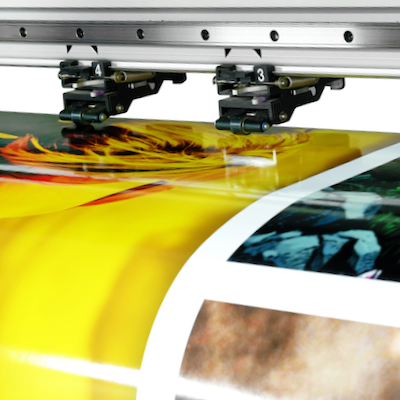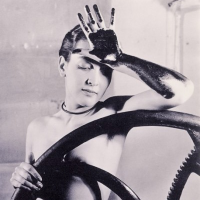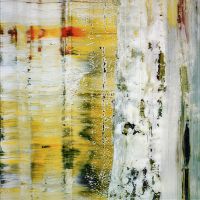
What is a Digital print on paper?
Digital Print on paper is a product which includes a digital image printed with archival grade inks on high quality acid free paper. The product and process can last for more than twenty years if properly stored. Digital storage makes future prints possible.
Image © KOKTARO/Shutterstock- Show All
- Established
- Discoveries
ARTWORKS RELATED TO DIGITAL PRINT ON PAPER
Tracey Emin
You Loved Me Like A Distant Star, 2016
Limited Edition Print
Digital Print on paper
GBP 4,800
Gerhard Richter
Seestück (bewölkt), 1969/2022
Limited Edition Print
Digital Print on paper
GBP 4,600
Gregory Crewdson
Untitled Document Shot , 2004
Photography
Digital Print on paper
USD 10,000 - 13,000
Louise Lawler
Pollyanna (adjusted to fit, distorted for the times, more), 2018
Photography
Digital Print on paper
GBP 1,225
Bert Stern
Marilyn with Sequin Gloves, 1962/2011
Photography
Digital Print on paper
Inquire For Price
Bert Stern
Marilyn with Chinchilla Coat, 1962/2009
Photography
Digital Print on paper
Inquire For Price
Bert Stern
Marilyn with Chenille Scarf, 1962/2013
Photography
Digital Print on paper
Inquire For Price
William Eggleston
Untitled (Elvis, Memphis, TN), 2001/2004
Photography
Digital Print on paper
Inquire For Price
Olafur Eliasson
Mirrorstage for Merce, 2004
Limited Edition Print
Digital Print on paper
USD 10,000 - 15,000
Julian Opie
Cornish Coast - Gribbin Head, 2017
Limited Edition Print
Digital Print on paper
EUR 14,500

Unusual and experimental ideas in arts or on the side of people introducing the ideas. The ideas push the boundaries or limits of what is accepted as the status quo or norm in the realm of culture. The movement is liked by artists and many of them continue doing it tracing Dada's history through situationists all the way to the post modern artists.





















